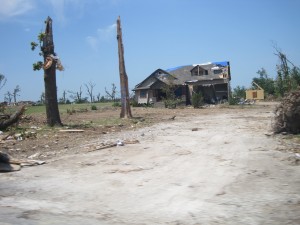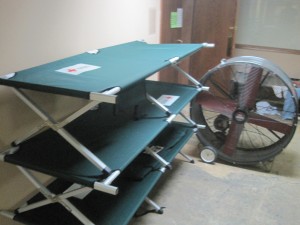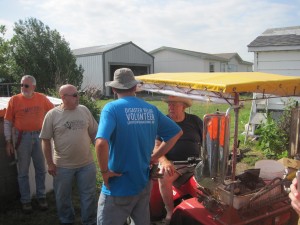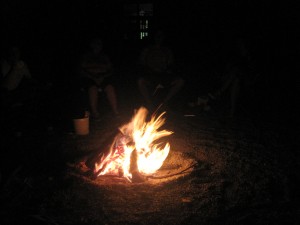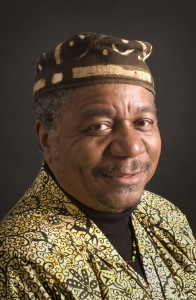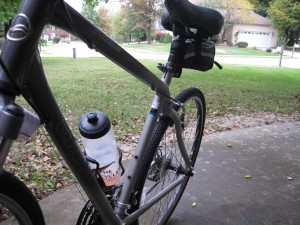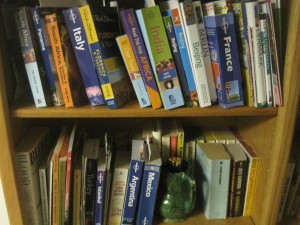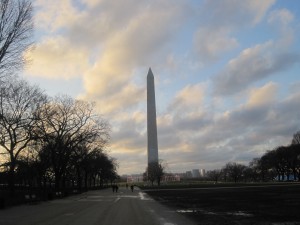Not altogether the ultimate reason for writing, it is possible that one of the perks is being able to make friends after just a few minutes of conversation. In my case, a cultivated reticence has kept my list of friends and acquaintances manageable, but like it happened again yesterday, I gave in to the delights of socialization and made a new friend.
I was at the Writing Centre where students usually get a half hour with the designated editor who looks through their papers in order to help them get it to the best possible form. A few minutes into our joint editing of said paper, he asked the question that I have now heard more times than any other: “You speak very well. Where are you from?” From there, the sequence of the conversations always take a predictable form.
“I’m from Nigeria.”
“Oh really? That’s great! How long have you been here?”
“Oh, less than two years, but not a consecutive stretch. This is my first summer in the country.”
“I like your English. Have you always spoken it?”
I say yes, explain why, and say a little more about the post-colonial situation of the continent and how most middle-class and/or educated section of the country speak both English and at least one other language from birth to adulthood.
“It is fascinating. Do people sometimes mistake you for an American because of how you speak?”
“No, I doubt it.” I reply “I think I always let out my identity too quickly before they form any such assumption. I think Americans speak differently anyway.”
“So what else do you do other than being a student? Or what would you do when you’re done?”
“I write, actually. I’ve published one collection of poems”
“Really?” His face lights up.
“Yes. I’ve also written some short stories. One of them was published last year in an anthology of some of Africa’s best stories.”
By now, I knew that the hope of spending my half hour working on my class paper had gone out through the door.
“And I can see it here online?”
“Yes,” I said, and got on his computer. Here it is, on Amazon. African Roar. The second short story in there is mine. It’s titled Behind the Door.”
“Did you write it when you were here?”
“No, fortunately.” I smiled. I live for little conceits like this. “I wrote it in 2008, I think, before I came here, but it was published last year.”
“I’d like to read it.”
“You should” I said. “I’d like you to. You’d have to order the book though. You can’t find the story itself online anywhere else.”
“This is fascinating. I’m glad we had this conversation.”
“Thank you.” I said. “I have a blog too. You should check it out.”
“Is that it, KTravula? Is that you in that video?”
“Yes. That was at a talk I was invited to give a few weeks ago. I’ve written on it since I got here. I started it mostly to record observations on the places I visited and the things I see.”
“That’s great. Have you been around a lot?”
“I have been to a few places. From Chicago to Joplin, to DC etc.
“Have you been to Principia?”
“Yes, I have. It was a beautiful place. I wrote about it too.”
“I’m impressed. So you like to travel huh?”
“Sometimes. It is fun.”
“Are your parents or siblings here?”
“Oh no.”
“Interesting. Have you been to Alton?”
“Yes, I believe, but as I remember it, it was a short visit.”
“There is a large statue of (I’ve forgotten the name now) close to the SIU Dental School in Alton. Did you see that?”
“Unfortunately, no. But I’ve been close to the Dental School.”
“Well, thank you for sharing with me. I’ll come to read your blog. I’ll get the book too. Behind the Door you call the story?”
“Yes.”
“I have a friend who started a blog but hasn’t been writing on it. I want to show her what you have, maybe she’d get motivated.”
“Thanks. I hope it helps. I try to update the blog as often as time allows. Do leave a comment whenever you come, so that I know it’s you. Nice to talk to you too.”
“Nice to talk to you too. You work at the Foreign Language Department. One can always find you there, right?”
“Yes, mostly.”
“See you around sometime then.”
“See you too, and thanks for the help with my paper.”
________________________________
This is an abridged recreation of the conversation that lasted about an hour of actually very productive tete-a-tete. I got very useful prompts on the paper I had taken there (at least before our conversation moved into a discussion about writing, travel, migration and family). Along with lessons on the proper use of comma, I also took away from there the name of a new writer, Ambrose Bierce, said to have lived in the time of Mark Twain and written a story called “The Boarded Window”. I promised the editor that I’m going to read it.

